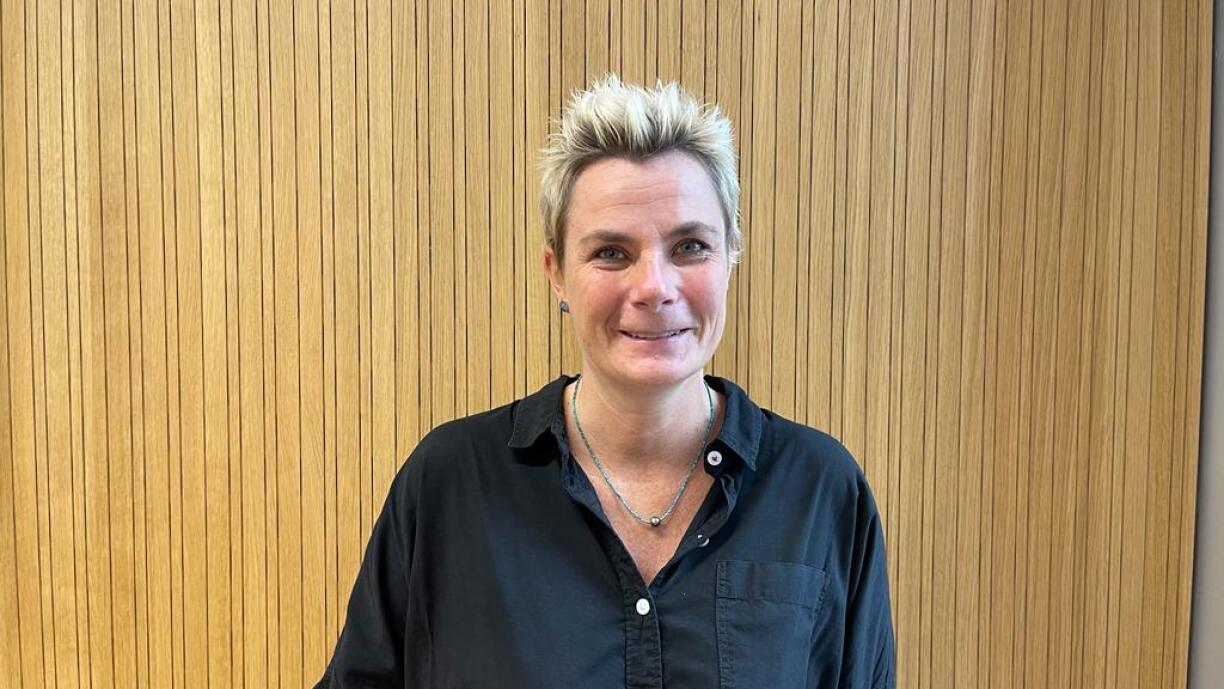
Laurence Diederich volunteers for the Psychological Support Group (GSP) of the Grand Ducal Fire and Rescue Corps (CGDIS) and spoke to our colleagues at RTL about the challenges of this position in the latest edition of the Sunday interview.
The GSP is deployed when victims need mental support after having witnessed something traumatic. Throughout 2022, the group was called on 260 times.
Members intervene in all kinds of cases, “from deaths that take place in one’s home, to road accidents, suicides, the sudden death of a child, but also evacuations, robberies, and hostage situations.”

While the volunteer is not allowed to discuss details of concrete cases, Diederich provided a broad sense of what she is doing at her work.
When a road accident occurs and police or emergency services call on the support group, at least two volunteers get deployed to the scene to look after the people who experienced a highly stressful situation.
This occasionally means consoling relatives of accident victims, explained Diederich: “In the case of a deadly accident, we accompany the police to deliver the news to the family of the deceased.”
GSP members are not always required to go to accident sites, but it is nevertheless unavoidable to witness terrible things. Diederich argued that training and supervision help the team members process their experiences.
Diederich noted that much of the GSP work has to do with stabilising people and giving them pointers to find their way back from trauma.
For this to succeed, the support group ensures that affected people are not alone and have the help of family and friends. They also provide victims with information on where to seek additional support if needed.
Usually, a typical intervention lasts three to four hours.
Direct feedback from those treated after an incident is rare, according to Diederich: “We often wonder how the people are doing, that is of course only human. But, it is still important to find closure after each deployment and not to constantly carry the fates of the people we talk to with us.”
Every once in a while, Diederich receives a thank you letter from a person she supported, and this always makes her happy.
People can also voluntarily contact the GSP when one of their loved ones dies or when they live through a traumatic experience.
Every deployment, no matter how tragic in nature, is considered a success if the GSP manages to help people: “People’s gratitude at the end is what really sticks with you after a mission.”
Diederich argued that the severest cases are always the ones involving children or youths. And given Luxembourg’s small size, there is usually also a chance that team members know the affected people.
Every other year, the CGDIS is looking for new volunteers to join the GSP. At the moment they have around 50 people that cover on-duty services. However, as the population keeps growing, additional manpower is needed.
In January, a new training course of 100 hours will kick off. The GSP is looking for 32 new people, particularly those able of covering the north of the Grand Duchy. An information meeting for this new campaign will take place in Diekirch on 18 November.